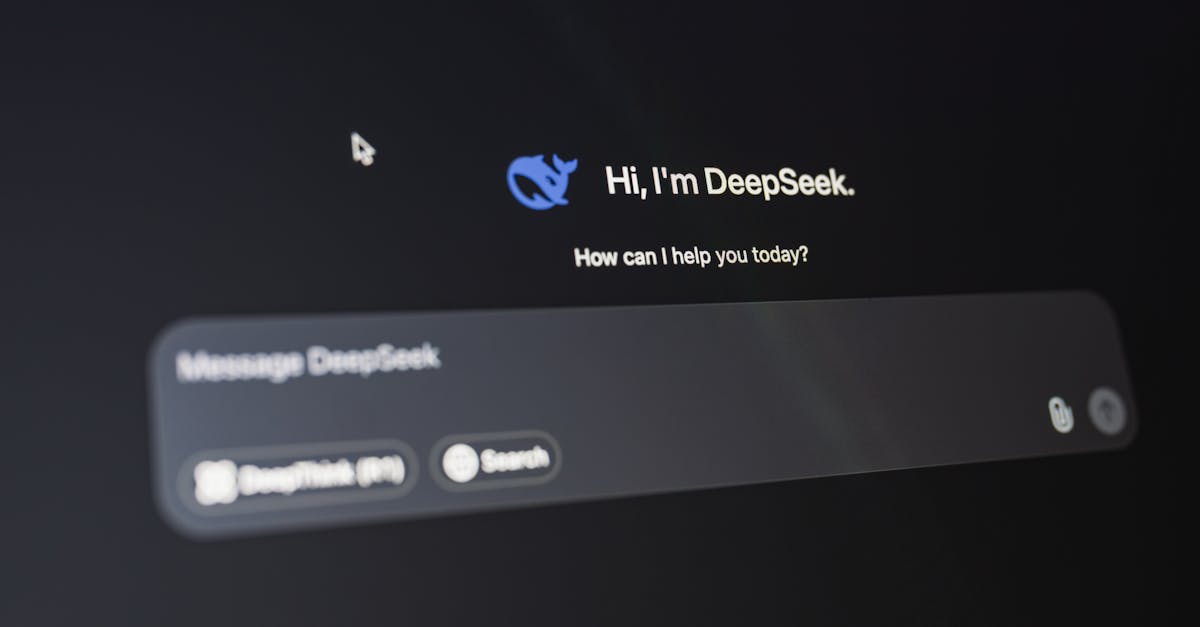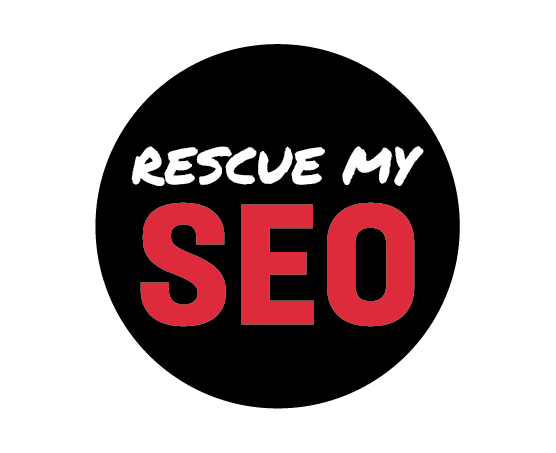
Google’s move toward AI-generated Overviews (sometimes called SGE or Search Generative Experience) is changing how small businesses show up on search results. Many of us feel anxious—the thought of yet another Google shift, especially one that pushes organic links further down the page, is daunting. But as a team who lives and breathes SEO for small businesses, we’ve spent the past year watching these changes roll out, testing strategies, and seeing first-hand what actually helps local companies get featured (and stay visible) even in this new AI landscape.
What Are Google’s AI Overviews — And Why Should Small Businesses Care?
When you Google a question today, you’re increasingly likely to see an AI-generated summary right at the top. This takes snippets from different trusted sites, summarizes them, and (crucially) links back to its sources. If your business info, advice, services, product pages, or FAQs are one of those sources, you can grab a big chunk of visibility—without paying for ads. If you’re not in those sources, fewer visitors see your site than ever before.
AI Overviews can include:
- Quick answer boxes (with links to cited sites)
- AI-generated lists or step-by-step guides
- Spotlights for FAQs, product details, or local info
How Do AI Overviews Choose What to Cite?
From our work and research, we’ve seen that Google’s AI pulls from well-structured, trustworthy, and clearly written website content. The algorithm tends to favor content that:
- Directly answers the user’s question in detail
- Has strong on-page structure (headings, bullets, clear paragraphs)
- Uses schema markup (like FAQ or LocalBusiness schema)
- Matches searcher intent—meaning it’s written in the way your real customers talk, not just keyword-stuffed
It’s also vital for local businesses because these Overviews frequently cite local sources, customer reviews, and Google Business Profiles for queries like “best roofer near me” or “where to get gluten-free cupcakes in Chicago.”
What’s Changing for Small Business SEO?
Let’s not sugarcoat it: some types of basic, shallow SEO content are getting pushed aside. If you want to thrive (not just survive) in this new world, you need to shift your approach. Here’s what we’ve seen move the needle for small businesses:
- Be the Source, Not Just Another Result: Your content should aim to educate, guide, and answer—not just sell. Think like a newspaper reporter or neighborhood expert who’s writing for locals, not just chasing keywords.
- Double Down on Local, Unique Knowledge: AI Overviews love hyper-local info (like “best time to visit our shop for custom fittings” or “how we recycle old appliances”). Real-world, experience-based advice stands out.
- Structure and Technical Health Matter More Than Ever: If your site is slow, isn’t mobile-friendly, or has messed up meta tags, the AI is less likely to trust and cite you. Our Technical SEO checklist for small business websites walks through what to fix.
- Refresh and Expand Content: Outdated answers, missing FAQ sections, or thin product pages don’t get picked up as sources. Regularly add new details and insights—what you wish your customers knew.
Our AI Overview Optimization Checklist for Small Business Owners
At Rescue My SEO, we use this no-jargon, actionable checklist for every local and national client who wants to show up in AI Overviews:
- Content Audit: Review each service or core product page. Is each one answering the top 3–5 questions your customers ask?
- Strong Structure: Use H2 and H3 headings, especially for each question or subsection. Turn big paragraphs into simple bullets for scannability.
- FAQ Pages (and Schema): Add a detailed FAQ section where you answer real customer queries. Use FAQ schema markup so machines can find and understand your answers. Not sure where to start? See our advice on local SEO audits.
- Google Business Profile: Keep it complete—accurate hours, categories, new photos, and regularly updated posts. Use all relevant attributes for your industry.
- Local Page Enhancements: Build separate, unique content for each location (if you have multiple branches), covering team highlights, FAQs, unique offers, and directions. Don’t duplicate content—see our guide to location pages that actually rank.
- Speed and Mobile Optimization: Test your site’s loading speed and fix slowdowns—most people search on mobile now, and Google’s AI is mobile-first too.
- Schema Markup: Add LocalBusiness schema (for all) and FAQ schema (for question pages). This is a technical step, but most website platforms have plugins or it can be added directly by pros.
- Gather Fresh, Specific Reviews: Ask customers to mention the product or service and your city or neighborhood in their review. This paints a clear local picture for Google’s AI.
- Monitor Analytics: Watch traffic trends on your pages and assess how your most important keywords are performing. If traffic drops on a high-traffic FAQ, update it and try to make the answers even clearer.
How to Know If You’re Being Cited in AI Overviews
Right now, there’s no simple tool for this—you need to roll up your sleeves, search your main keywords, and check if your site is cited in the AI summary. Try both general and very specific local searches. If you’re not showing up, review what sources are cited, then update your page to be a more complete and helpful answer than what’s currently cited.
Local SEO Tactics for AI Overviews
For brick-and-mortar and service-area businesses, being part of AI Overviews doesn’t just mean adding more keywords to your homepage. You need hyper-relevant local information everywhere, and a consistent, complete local presence.
- Keep NAP (Name, Address, Phone) Consistent: Across your site, Google Profile, and all directories.
- Build Individual Location Pages: Each with unique content, team introductions, customer testimonials, and FAQs addressing that area’s interests/needs. Our detailed playbook on Local SEO for multi-location businesses covers this topic in depth.
- Encourage Local Reviews with Specifics: “The air conditioner repair in South Austin was fast and friendly”—these reviews help AI contextualize what you do, for whom, and where.
- Local Content and PR: Write blogs or guides to your area, sponsor local events, or answer local questions on your site (“Best time to book a table in downtown on weekends?”).
Content Formats That Stand Out in AI Search Results
- Lists & How-tos: Step-by-step guides, checklists, or “best of” lists for your industry.
- Real-World FAQs: Record questions from your customers and answer them with as much detail as possible—people (and AI) want specifics.
- Case-Based Content: Instead of making claims, show results with before-and-after insights, explainers, or tutorials. (If you want this tailored to your own offerings, our SEO content writing guide is a good place to start.)
- Video and Visuals: Quick demonstration videos or unique photos aren’t always cited directly, but they underpin trust and can drive more in-depth answers for your audience, which AI will notice and use as context.
Staying Ahead: Proactive Actions in 2025 and Beyond
We believe the businesses that thrive are those who think like trusted, community-based publishers. Here are long-term strategies to set yourself apart:
- Continuously Update Website Content: Google’s AI expects up-to-date information. Refresh service descriptions, add new FAQs, and update your About page as your offerings evolve.
- Build Authoritativeness: Share unique insights on your blog, gather testimonials, and showcase community involvement. You’re the source—so show it in words, visuals, and involvement.
- Master Performance Metrics: Use Google Analytics to monitor which pages and keywords attract traffic. If your phone stops ringing, check if your previously ranking answers are now pushed out by an AI Overview, then adjust your strategy accordingly.
- Keep Up With Google’s Changes: AI features will keep evolving. Stay plugged into trusted blogs (like ours!) for updates and tactical advice.
Common Pitfalls to Avoid
- Avoid Thin or Duplicate Content: If several pages say similar things, AI is less likely to feature your site.
- Don’t Ignore Technical Issues: Errors, slow speed, and mobile usability problems make it less likely for Google’s AI to trust your site. Our technical SEO checklist can help spot these problems.
- Failing to Update Business Info: Inaccurate addresses or old phone numbers will remove you from both local packs and AI results.
Ready to Take Action?
This is the most disruptive—and exciting—time for small business SEO in years. The businesses that adapt quickly will gain the most ground. You don’t need a massive marketing budget or technical team. Start by answering your customer’s top questions, fixing technical basics, and keeping all info local and up to date. From there, we can help you layer on advanced schema, deeper content, and ongoing performance monitoring.
If you want real-world help (not just theory), or a full site audit that identifies where you can shine in AI Overviews, see our SEO audit service or contact us here for a practical consultation. We’re passionate about helping small businesses grow—rooted in your local community and ready for the AI-powered future.


